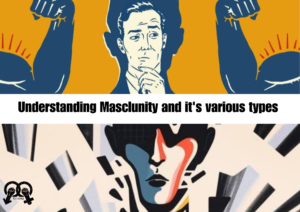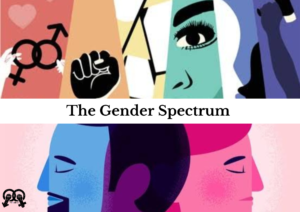Nature is a feminist issue.
(Warren, 2000)
Have you ever wondered that nature along with women is a victim of the patriarchal society? Do they and their victimization have an integral connection? What’s common between hunting, exploitation and domesticity? Let’s explore!
What is Eco-Feminism?
Ecofeminism is a feminist approach to environmental ethics. It is also called ecological feminism. Ecofeminist thinkers draw on the concept of gender to analyze the relationships between humans and the natural world. The term was coined by the French writer Françoise d’Eaubonne in her book Le Féminisme ou la Mort in 1974. Some names that have popularized the movement are Vandana Shiva, Carolyn Merchant, Greta Gaard. The movement began in the mid-1970s, emerging as the third wave of feminism.
What is the importance of Eco-feminism?
“We do not have to escape from the earth; we have to escape from the illusions that enslave our minds and make extinction look inevitable.”
Vandana Shiva
Features of Eco-feminism
- It is a commitment to the environment and sustainable development.
- An awareness of the close relationship between women and nature.
- It also views that the social construct of differentiation between men and women is applicable to the human vs nature debate.
- It also explains the fact of the preservation of nature as contrary to conventional human development algorithms.
- It also goes against hierarchical thinking which means that the power and value is assigned to a certain binary, which has put women and other sexual minorities at the receiving end.
- The theory also believes that there exists an interconnection between the oppression of women, the oppression of other human beings (eg. racism).
- It is a reinvention of what it means to be a human based on the central values of love, friendship and trust.
- It also believes that traditional female values of nurturing and cooperation are both present in women and nature. They draw connections between moon cycle and menstruation.
Schools of Eco-feminism
- Cultural Ecofeminism: It believes that women based on their biological capability of reproduction and caring have a deep integral relationship with nature, which has similar characteristics.
- Social Ecofeminism : It believes that women’s link with nature is shaped by social and material factors like education and economic status. They believe that the similarity between women and nature is based on biological factors and social facts.
The Future of Eco-feminism
“Your evolution as a feminist is to realize that feminism isn’t just talking about men and women, it’s talking about gendered relationships wherever they are found.”





